Our Finalists
We are excited to announce the 10 finalists of the SOSF Ocean Storytelling Writing Grant 2022!
The judges reviewed 147 applications from a range of talented wordsmiths from across the world. The entire judging panel was thrilled by the number of different countries represented and were really impressed with the calibre of entries. It was exciting to see the wealth of talent, interest, and commitment to conservation storytelling, and the process highlighted to all the judges that there is value in providing opportunities where there is clearly interest and need.
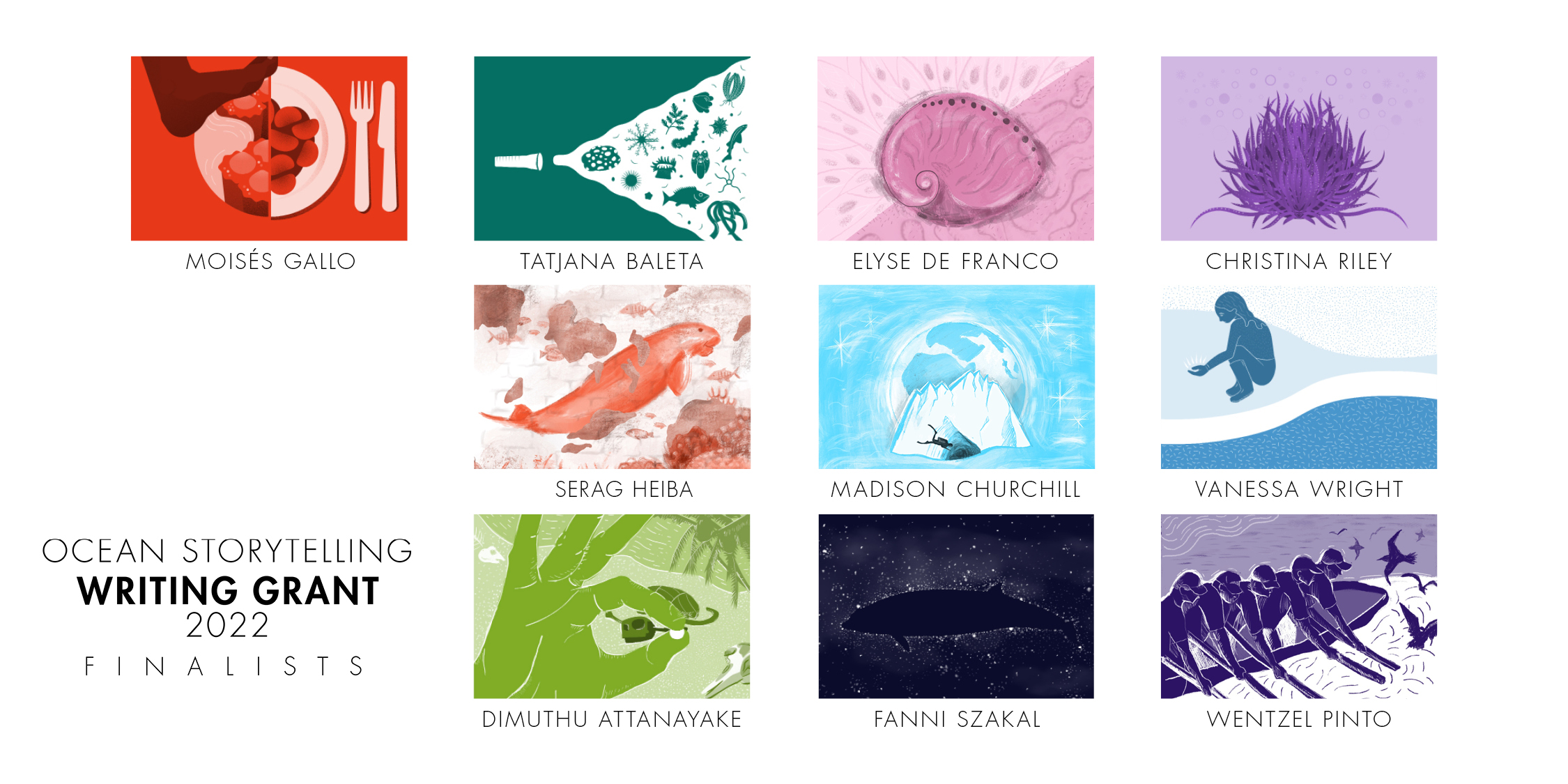
Our ten finalists for the Ocean Storytelling Writing Grant 2022. Artwork by Jamy Silver | © Save Our Seas Foundation
The three winners will be selected from these 10 finalists and will be announced on 13 February 2023.
- Each winner will receive a US$2,000 cash prize and will be given a paid writing assignment to document an SOSF-supported marine research or conservation project. He or she will take an all-expenses-paid trip to visit that SOSF project anywhere in the world to complete the assignment. The SOSF has funded more than 400 projects in more than 85 countries and each winning writer will be assigned to tell one of these stories.
- The grantees will be mentored by Dr Helen Scales (marine biologist and bestselling author), Swati Thiyagarajan (conservation journalist at the Sea Change Project) and Dr Lauren De Vos (SOSF science writer).
- All winners will be given the chance to showcase their published marine conservation story assignment.
The Ocean Storytelling Writing Grant builds on the legacy of our previous photography grants and is dedicated to supporting a diverse generation of emerging conservation storytellers. We were searching for passionate and committed writers who can write conservation features about the ocean, even if their background has not previously been specifically marine focused.
What we found were fresh perspectives and amazing place-based insights from writers who wove science and natural history into powerful news pieces, feature-style articles, and inspiring non-fiction stories.
Continue reading below to learn more about each of our fantastic finalists!
Dimuthu Attanayake
X-Press pearl disaster may not be over yet
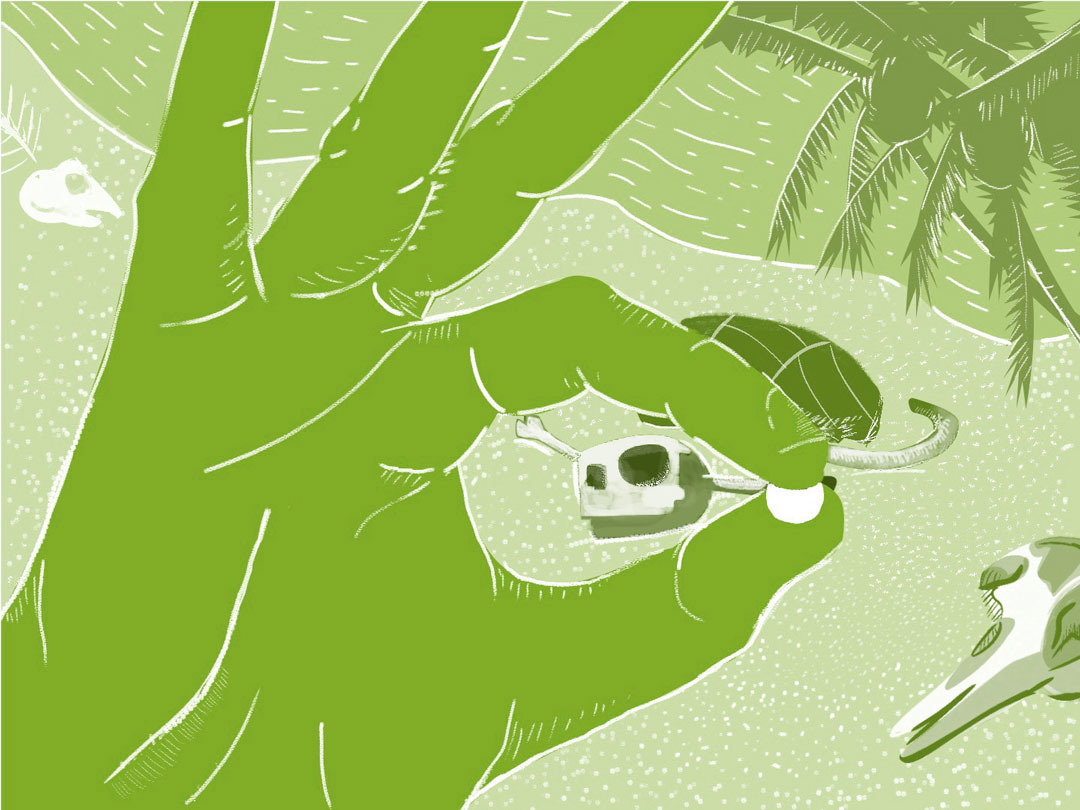
Artwork by Jamy Silver | © Save Our Seas Foundation
Dimuthu Attanayake
Finalist
Sri Lanka
As a conservation storyteller I would like to bring important conservation issues to the attention of the public and the policy makers. Through this work, I hope that environmental justice can be upheld, and these conservation challenges could be solved, at least to partially restore some level of ecological balance. I hope someday my work contributes towards the conservation of at least one endangered species, and contributes to saving ecological habitats such as oceans, and forests in some way.
Read Dimuthu’s submission here
Tatjana Baleta
Telling biodiversity’s story – 1,001 magnificent species of the seaforest
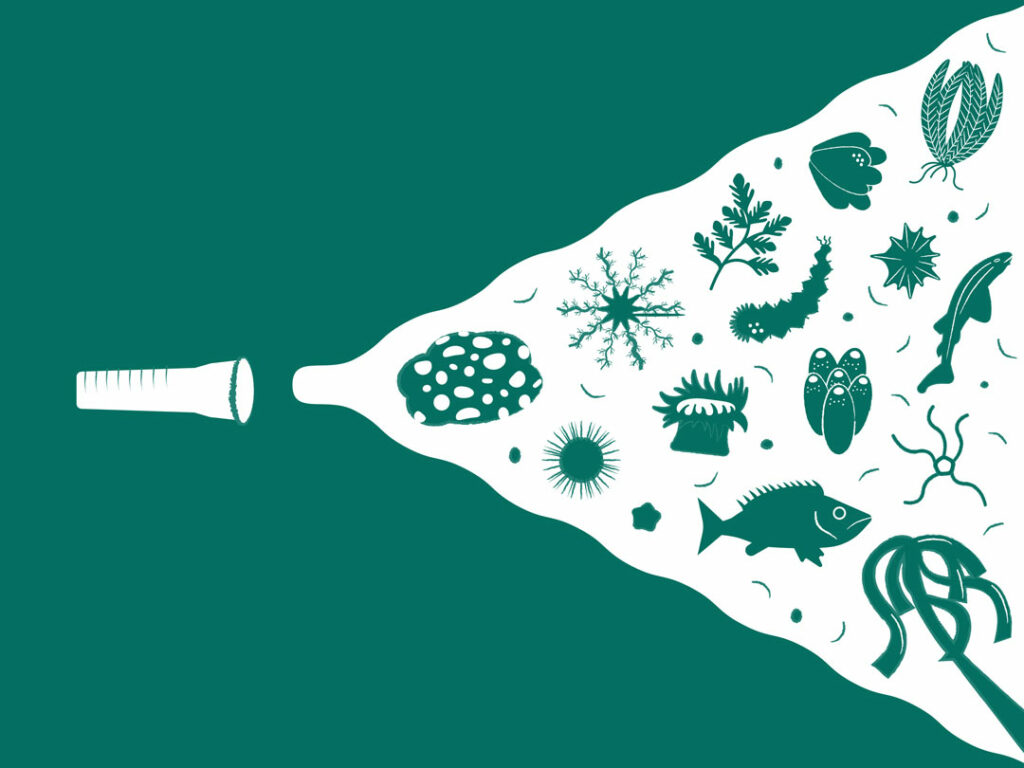
Artwork by Jamy Silver | © Save Our Seas Foundation
Tatjana Baleta
Finalist
South Africa
I believe in the power of story to make people care about an issue. If you can weave a narrative that resonates with someone, you can capture their hearts and rally their minds to a cause. My goal is to use my scientific background and creative proclivity to do this for conservation issues. Conservation issues can be highly complex and nuanced. Often there are multiple stakeholders with conflicting interests, and there isn’t always a clear path to a solution. I want to use my writing to make someone think in a more holistic way about an issue, and to tell the stories of those who have not had the opportunity to be heard.
Read Tatjana’s submission here
Madison Churchill
Diving into the heart of the ocean
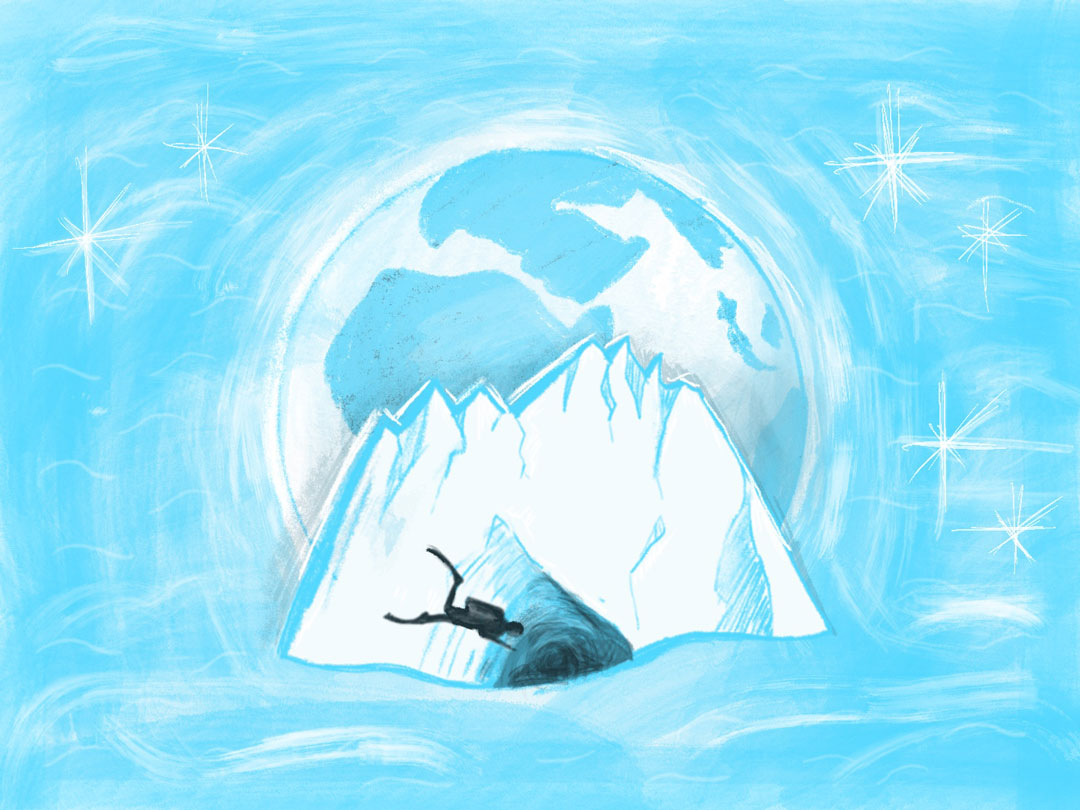
Artwork by Jamy Silver | © Save Our Seas Foundation
Madison Churchill
Finalist
United States of America
It is my dream to travel the world, diving and writing about vulnerable ecosystems in hopes of inspiring changemakers. There are so many places in the ocean we stand to lose before their stories are ever told. I find that much of ocean storytelling focuses on warm tropical reefs. They are eye-catching and easy to sell. I want to tell stories from the less-explored places, the cold and kelpy climates. I believe in using a poetic voice to evoke emotion for these lesser-loved habitats which are just as important to protect.
Read Madison’s submission here
Elyse Defranco
Withering Away? A viral lifeline for California’s abalone
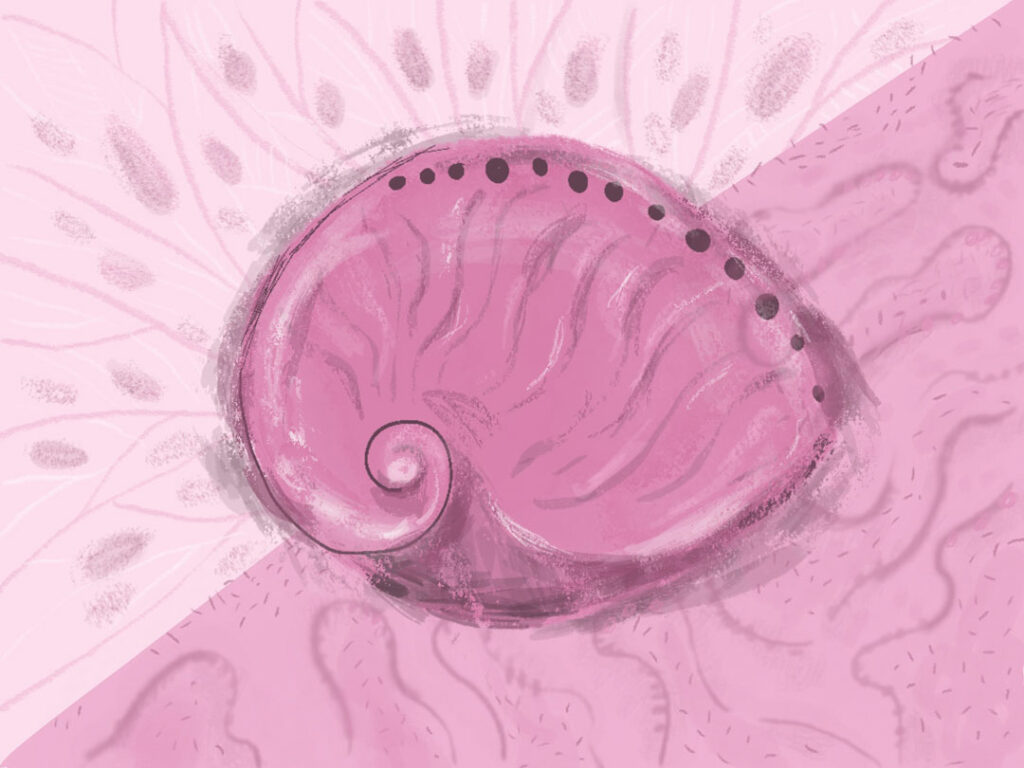
Artwork by Jamy Silver | © Save Our Seas Foundation
Elyse Defranco
Finalist
United States of America
I want to find the stories that highlight nuance and embrace the complexities of the real challenges facing the biodiversity crisis. I think it’s crucial to find ways to communicate urgency for species in decline, but to do so in a manner that inspires people to care about the animal for their inherent value, and not in a way that triggers only hopelessness.
Moisés Gallo
Antofagasta’s piure: Identity lost
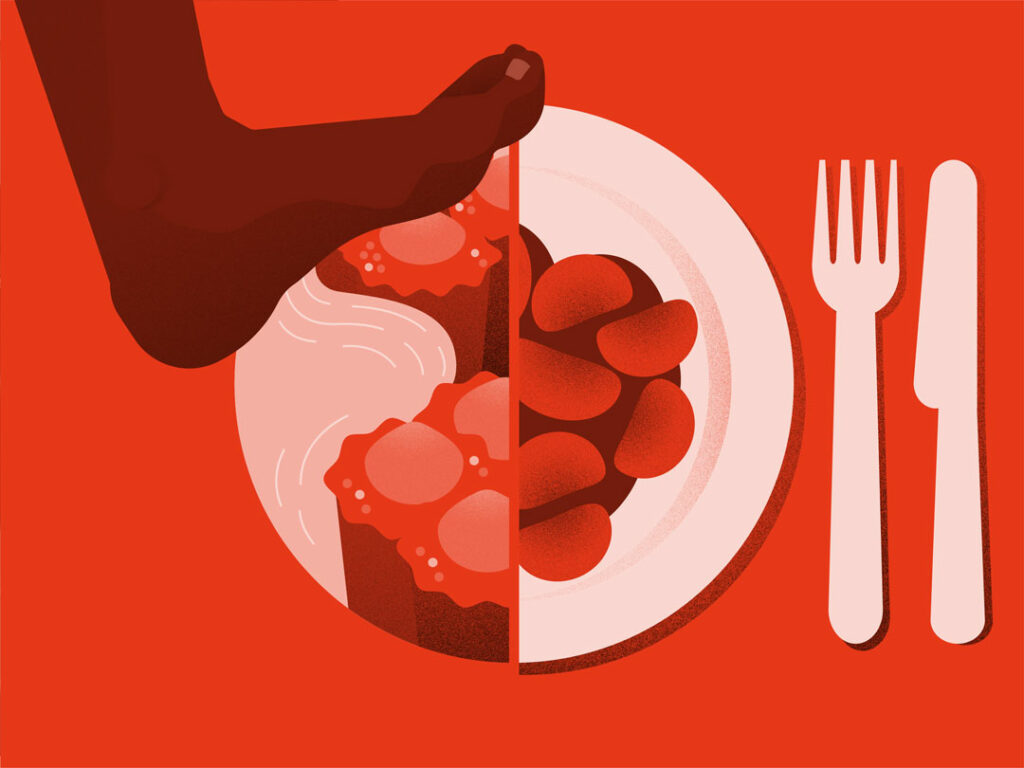
Artwork by Jamy Silver | © Save Our Seas Foundation
Moisés Gallo
Finalist
Chile
My goals and dreams as an ocean conservation storyteller are aligned with those of ocean literacy itself: to help increase awareness about our impacts on the ocean, our mutual dependence with it and to shed light on the very, very, very interesting life of marine organisms. I would also like to help people learn about what they can really do to protect our seas, based in solid science and in an honest and simple approach. I feel I have so much to say. Our Chilean Ocean has so much to say too, and I would like to be its voice.
Serag Heiba
Dugongs of the Red Sea
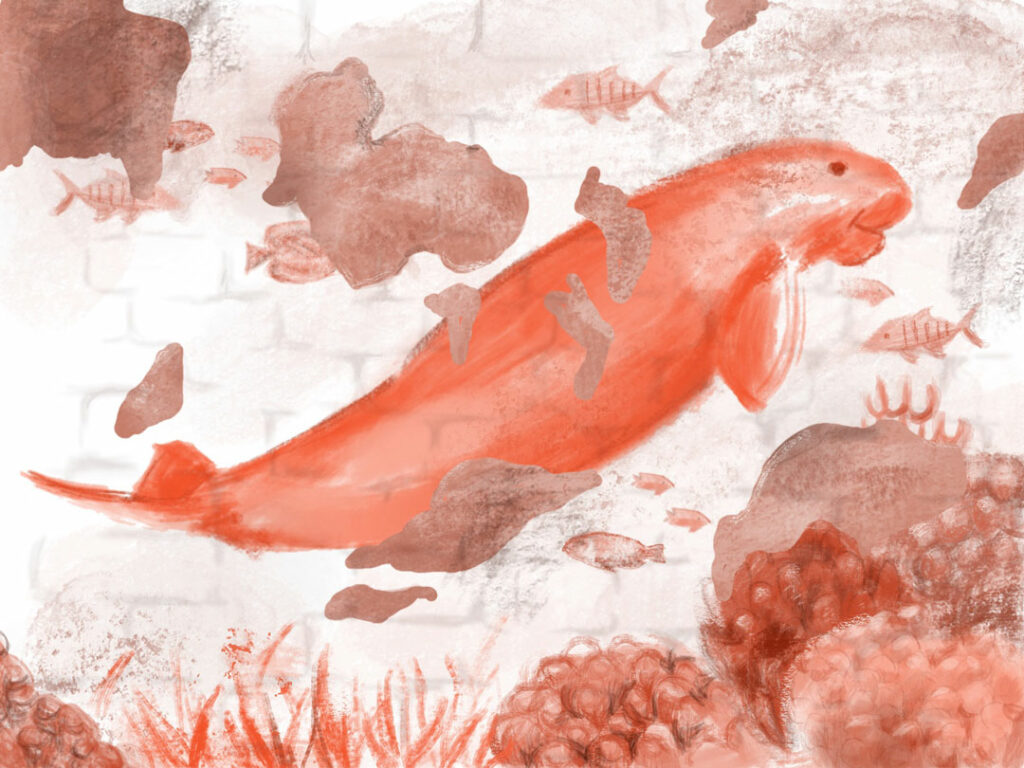
Artwork by Jamy Silver | © Save Our Seas Foundation
Serag Heiba
Finalist
Egypt
I dream that my writing will stand as an archive of the natural world, and that my writing can induce an effect in readers that is even one tenth of what the natural world’s beauty inspires. In some ways, I hope my dream does not become reality: an archive implies a past beyond reach, accessible only second-hand. In everything I write, I hope simply that I create a story worthy of being retold by others: to a friend, a family member, to a classmate or stranger.
Wenzel Pinto
Searching for sustainability -Skipjack tuna fisheries in the Lakshadweep
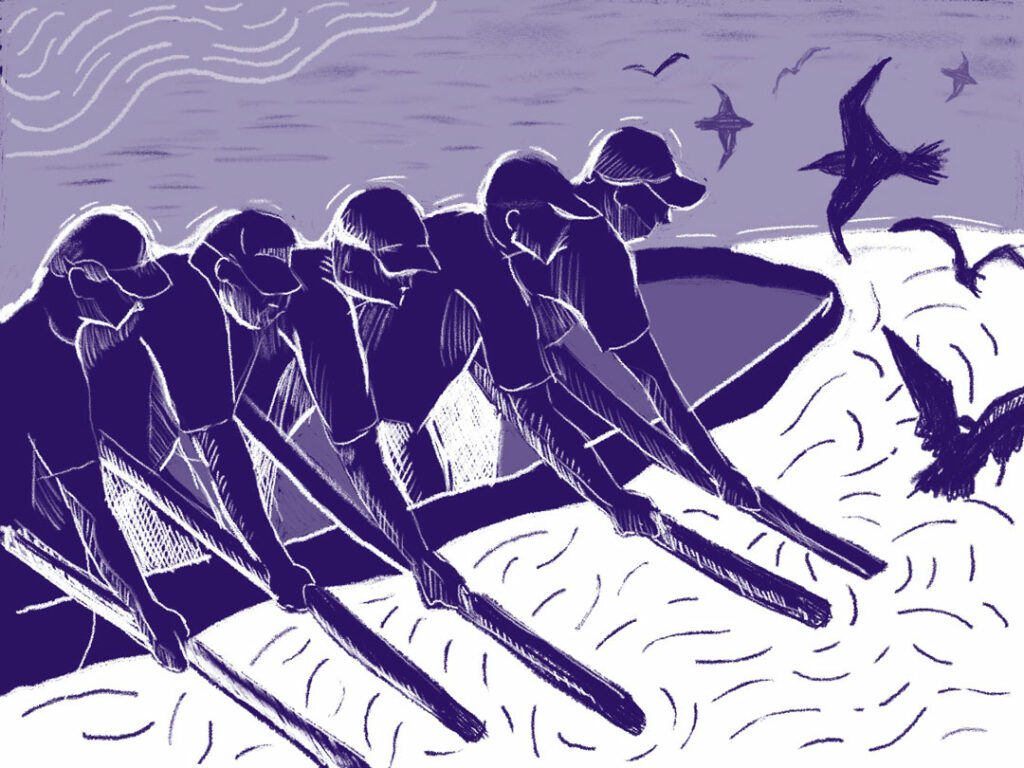
Artwork by Jamy Silver | © Save Our Seas Foundation
Wenzel Pinto
Finalist
India
As a conservation storyteller my goal is to bring awareness about the importance and outcomes of conservation measures to people. The biggest challenge in doing so is cutting through scientific jargon, and making accessible to the general public, the knowledge that we derive through science. Most popular articles and translations of scientific papers that I read are published in wildlife centric magazines. However, this keeps the information within a smaller insular community of wildlife lovers. Through my articles I wish to reach people with no specific interest in wildlife conservation and instil in them the fascination for the natural world.
Christina Riley
Hope Spots
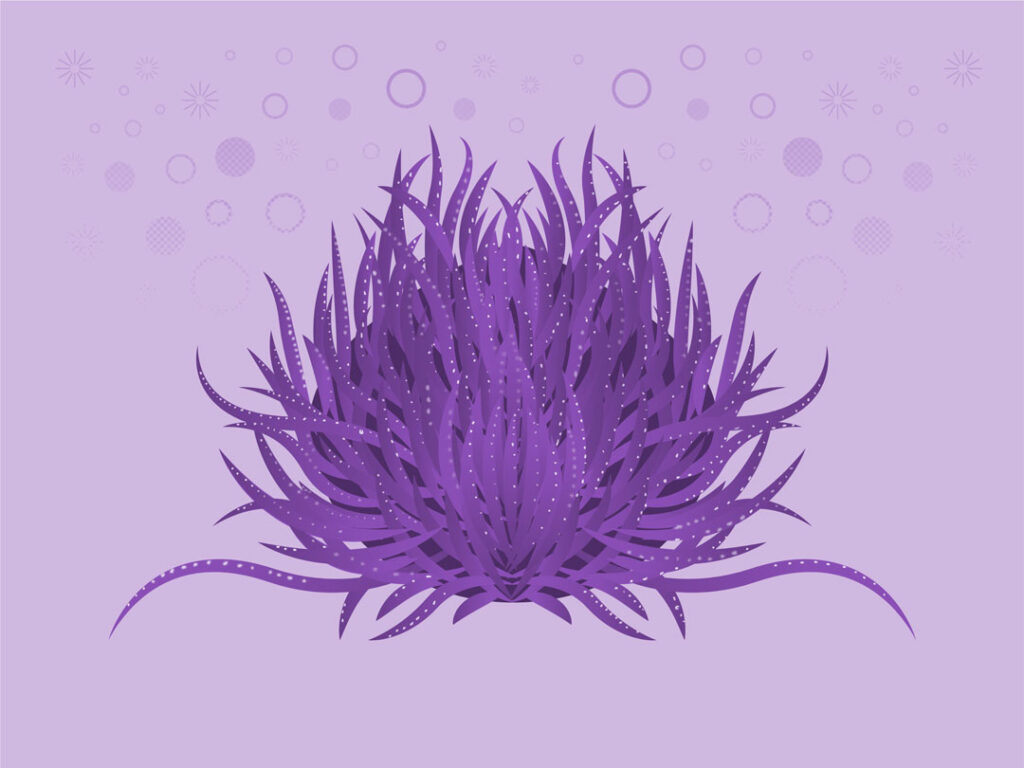
Artwork by Jamy Silver | © Save Our Seas Foundation
Christina Riley
Finalist
United Kingdom
They say to protect something we need to love it; however, I don’t think it needs to be understood to be loved. We might never understand the mind of an octopus, what a scallop sees with 200 eyes, or what the seabed feels like to a brittle star, but they deserve close attention, care, and protection regardless. My goal is to share stories of ocean life not as ‘alien’ or ‘otherworldly’, but as earthly kin entirely of this world we share.
Read Christina’s submission here
Fanni Szakal
The whale that is heard, but not seen
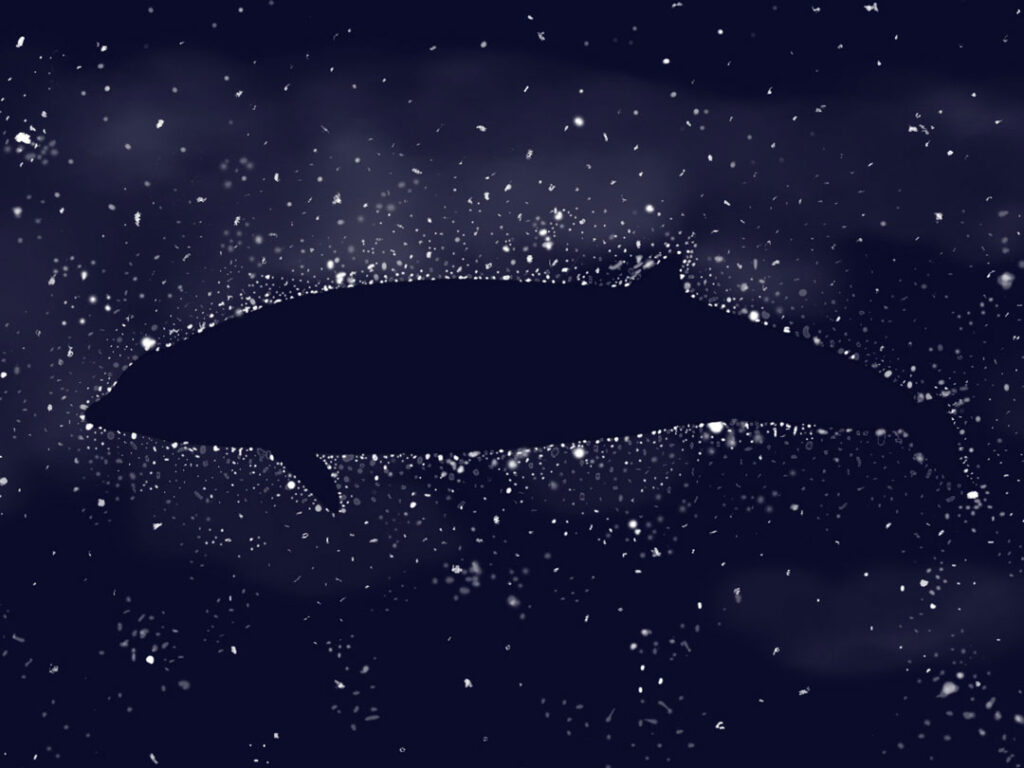
Artwork by Jamy Silver | © Save Our Seas Foundation
Fanni Szakal
Finalist
Hungary
One of the main reasons why I switched careers from doing research in Marine Biology to science writing was because I felt impatient that my research never got to the public or had a chance to make a difference. Saving the planet requires action from everyone, and I think awareness is the first key step. As a science writer, I often try to include conservation or sustainability issues in my articles, whether it is the fate of an endangered dolphin, the changing ecosystem of the Arctic because of climate change, or finding sustainability solutions in low-income countries.
Vanessa Wright
Tidal Treasures
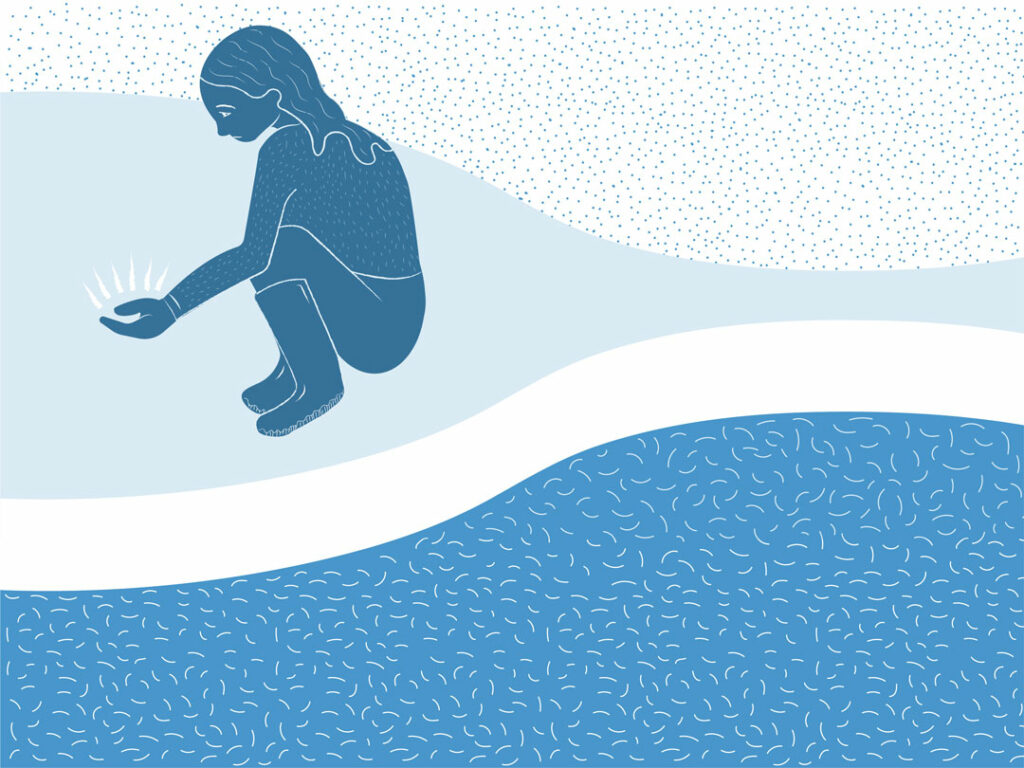
Artwork by Jamy Silver | © Save Our Seas Foundation
Vanessa Wright
Finalist
United Kingdom
The most important aspect of engagement with conservation is getting people to care. A variety of voices is critical to engage the diverse population around us. If I can engage just one reader to create a connection with the natural world, then hopefully, they will be motivated to protect the planet, even if it is only through the lens of a single plant or animal. As the proverb proclaims, “mighty oaks from little acorns grow”.
Read Vanessa’s submission here
